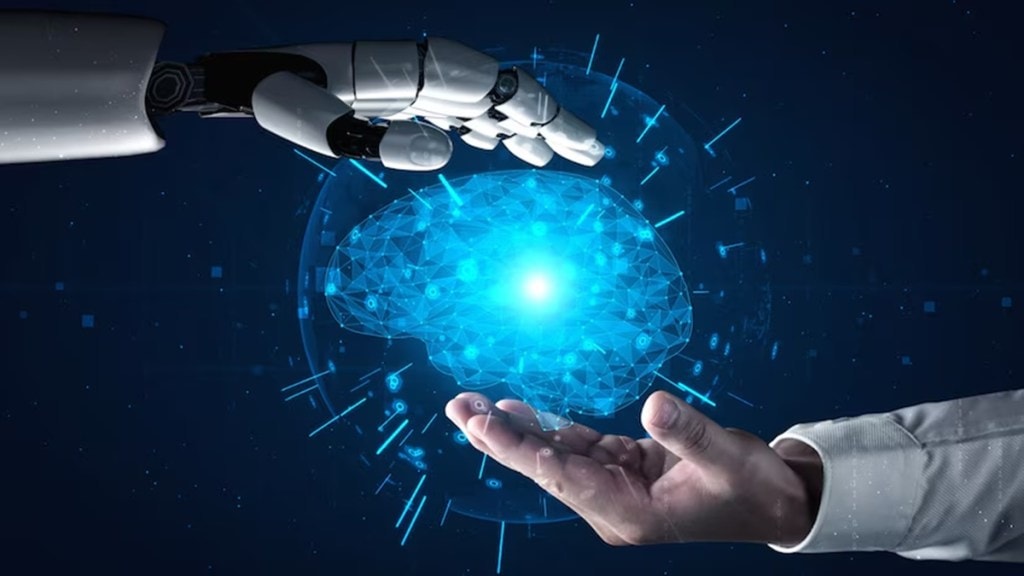By Vivek Agarwal
Last week, Bill Gates predicted advances in artificial intelligence (AI) could shrink the work week to just two days within a decade. Nearly a century ago, economist John Maynard Keynes envisioned a three-hour workday. History is filled with such bold forecasts. Each technological revolution, from the steam engine to the internet, has changed how we work, stirred fears of job loss, and ultimately created new opportunities. As generative AI (GenAI) enters the mainstream, we must ask: Will this time be different? Which jobs will matter, and what happens to the job count?
Muscle, machine, mind, and meta-mind
Before the industrial era, muscle power drove the economy. Farming, blacksmithing, and craftsmanship relied on physical strength. Economic value came from manual labour. The Industrial Revolution replaced muscle with machines. Steam engines and assembly lines shifted the emphasis from strength to technical skills. People adapted, learning to manage machines rather than outmuscling them.
Post-World War II, economies moved from manufacturing to services. The value of work shifted to the mind. Fields like finance, consulting, and software development flourished. GenAI is ushering in another leap — from mind to meta-mind. Large language models can write, code, translate, and even create art. They draw on a vast repository of human knowledge, automating tasks once thought immune to machines. Just as the steam engine devalued physical labour, GenAI is eroding the value of routine knowledge work.
So, what lies beyond mind-work? It’s likely in what machines can’t do: feel, empathise, and care. Algorithms optimise; only humans choose meaningful goals and understand consequences. The future will reward those who can frame purpose, build trust, and apply technology with empathy. This isn’t to dismiss the disruption ahead. Many workers will need to re-train or transition — efforts that demand real investment and societal support.
What fades, endures, and emerges
Routine cognitive tasks — data entry, basic legal reviews, even coding — are in GenAI’s crosshairs. Like switchboard operators of the past, many roles will shrink. Big tech layoffs are already showing this: Amazon cut 14,000 jobs, IBM 7,800 — many replaced by AI.
Blue-collar roles, however, may remain more stable. Physical jobs like plumbing or logistics still require adaptability in dynamic environments — something machines struggle with. Until robotics catches up, these jobs are safer.
Roles rooted in emotional resonance will grow. Therapists, educators, caregivers, and conflict mediators — jobs requiring empathy — are hard to automate. In entertainment, too, authenticity matters. A human running 100 metres in 9.58 seconds still captivates in a way a self-driving car doesn’t. Similarly, handmade art, storytelling, and crafts retain value precisely because they resist replication.
New roles will also emerge. GenAI needs builders, trainers, auditors, and ethicists. But these won’t be one-for-one replacements. Automation may outpace job creation, especially in the short term. More likely, existing roles will evolve. Teachers, for instance, could use AI to personalise education while still offering emotional support. The human layer will matter more, not less.
Managing disruption and opportunity
Unlike machines, the meta-mind can be scaled with speed — unfettered by borders, costs, infrastructure, or regulation. This speed raises the stakes. Layoffs will happen quicker, and inequalities could deepen.
To navigate this shift, we need a reimagined education model. The old four-year college experience won’t suffice. Lifelong learning — micro-credentials, flexible training, and online platforms — must become the norm. Beyond tech skills, we must nurture judgment, ethics, and emotional intelligence.
Inequality is another concern. If a few corporations reap all of AI’s rewards, the divide will worsen. One solution is data royalties. GenAI trains on public human-generated data. Shouldn’t people be compensated? Governments might also consider public wealth funds, like Alaska’s Permanent Fund where AI-generated profits are redistributed to support healthcare, reskilling, and education.
Redefining work’s meaning
Work has long shaped our identities. Occupations define social status and are even inscribed on tombstones. If we move to a two-day workweek, where will purpose come from? We may rediscover it in community efforts — digital sabbaths, repair festivals, arts, or caregiving. As work takes less time, the space for meaning must expand elsewhere.
A co-written future
GenAI is not a doomsday force, it’s the latest in a long history of workplace evolution. But it gives us a unique opportunity to shape what comes next. Will we let automation deepen disengagement? Or will we use it to free ourselves for more fulfilling pursuits?
History doesn’t give us clear answers. Each generation must negotiate the balance between its tools and its values. The next chapter of work will be co-authored by billions of people. Let’s write wisely.
The writer is global policy expert and country director for India, Tony Blair Institute for Global Change.
Disclaimer: Views expressed are personal and do not reflect the official position or policy of FinancialExpress.com. Reproducing this content without permission is prohibited.

